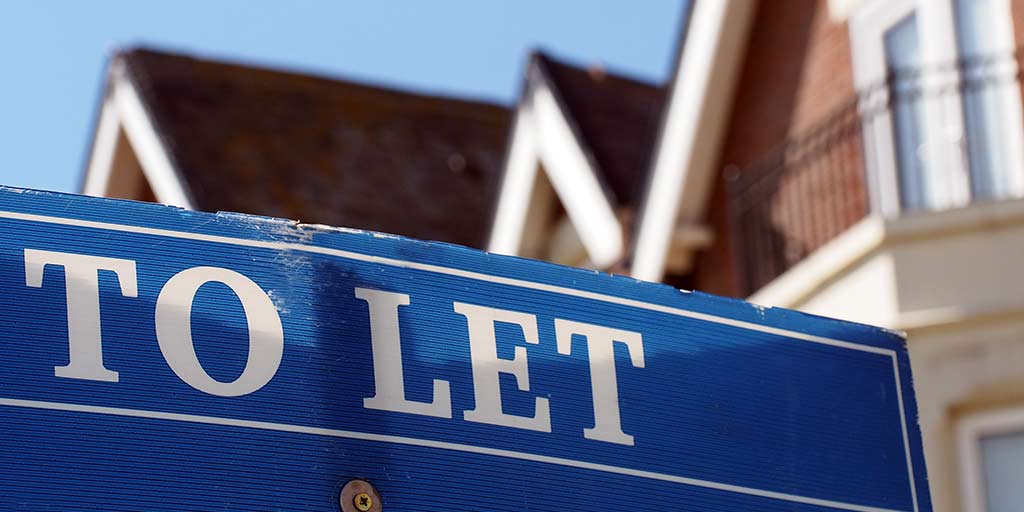This information should not be interpreted as financial, tax or legal advice. Mortgage and loan rates are subject to change.

Category: renters reform bill renters reform bill
renters reform billIn a conference on the 26th of September, the Labour party proposed a transfer of powers to tenants, which has provoked a response from the National Residential Landlords Association (NRLA), stating that it will severely affect the current rental market.
According to NRLA chief executive Ben Beadle:
“It is depressing that the Labour Party is once again demonising all landlords. The vast majority do a good job, providing a fifth of all housing in the country. That is why private tenants are more likely to be satisfied with their accommodation than those in the social rented sector.
“The reality is that promises of new social housing at some distant point in the future will do nothing to help renters struggling today.”
Beadle states that the Labour proposal will significantly affect tenants in the long run, especially considering that the demand is currently high for homes to rent.
The points that the NRLA have raised, in response to Labour’s Renters Charter are as follows:
On rent arrears
The Labour party must focus on unfreezing housing benefit rates and concentrating on the main driver of rents – the supply crisis in the private rental sector. Rather than attempting to remove automatic repossessions due to rent arrears and presenting it as one of the focal points of their campaign.
On pets in rented homes
The NRLA stresses that in order to allow tenants to have pets in their rental houses, tenants must have insurance that would cover the potential damages that pets may cause to their properties.
On four month notice periods
By giving longer notice periods, the NRLA flags that tenants who do not pay rent can act however they want to during the four month period, when the landlords are not able to change anything, which places the landlord at financial risk.
On rent controls
The NRLA refers to the comments of Lesley Griffiths, the Welsh Minister for Rural Affairs, highlighting the risk of a rise in landlords exiting the market, which in turn could drive up homelessness:
“One of the things I think that could happen is that you could see landlords exiting the market in large numbers, and that, therefore, would reduce the supply of property, which could lead to significantly increased homelessness. If you look at international evidence, you will see that rent control measures can create a target rather than a cap.”
On the Section-21 removal
A number of homelessness charities and housing activists have been accusing landlords of ‘revenge evictions’ by utilising no-fault evictions. They state that landlords enact alleged ‘revenge evictions’ due to the tenants’ complaints of poor living conditions and the necessity for refurbishments.
However, whilst it has been acknowledged that this happens, eviction specialists have provided an abundance of evidence that ‘revenge evictions’ are a very small proportion of the cases, most of the evictions are due to rent arrears and poor tenant behaviour.
As an aside, former head of the civil service, Sir Bob Kerslake suggests that a homelessness crisis will be unavoidable, if the government does not put an end to no-fault evictions.
The current Parliament will dissolve on the 17th of December 2024, thus the next General Election will not happen anytime soon. So the Labour stance is a moot point at present, but clearly there are growing concerns from the landlords’ perspective if such radical changes were imposed.



